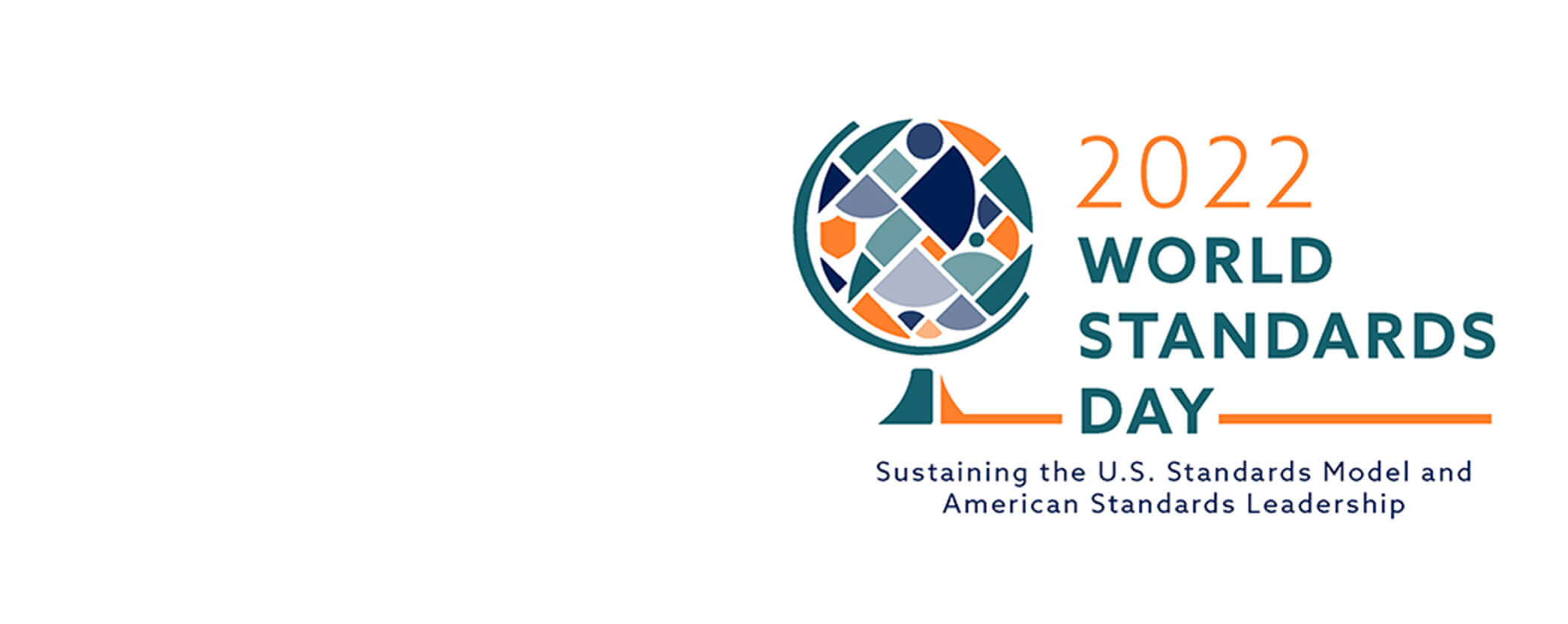
9/19/2022
The Standards Alliance—a public-private partnership program between the American National Standards Institute (ANSI) and the U.S. Agency for International Development (USAID)—recently collaborated with Pivot Clean Energy Co. (PIVOT) to hold a web event on Policy, Trade, and Market Opportunities for Bioethanol as a Clean Cooking Fuel. The event was the third in a five-part virtual training series focusing on existing international standards, regulations, and best practices for bioethanol fuels and their usage in Africa.
The event served to raise awareness of relevant international bioethanol standards and practical implementation considerations for the adoption of these standards in African markets, with a goal of helping to enable the emerging bioethanol market. In sub-Saharan Africa, 80% of the population cooks with solid or fossil fuels (wood, charcoal, coal, kerosene). The region’s reliance on traditional biomass and solid fuels has substantial negative effects on the public health and the.
Approximately 29 representatives from various agencies from Africa and the U.S. attended. U.S. company speakers from PIVOT, Growth Energy, U.S. Grains Council, U.S. Department of Agriculture Foreign Agriculture Service, and KOKO Networks joined representatives from the African Organization for Standardization (ARSO) for discussions on the importance of policy considerations for smart regulatory frameworks that support emerging markets; the implication of policies on international trade opportunities; and practical implementation considerations, featuring a case study from KOKO Networks on their implementation experience in the Kenyan and Rwandese markets.
The web series concluded with a Q&A session and in-depth panel discussion exploring the various ways international bioethanol standards, smart policies, and regulatory frameworks can be incorporated into the African terrain in order to attract and foster an enabling environment for emerging markets like bioethanol clean cooking.
As a result of the discussions, several recommendations from PIVOT emerged on possible next steps for several African governments to begin policy implementation and harmonization of regulatory frameworks.
The workshop presentations are available here.